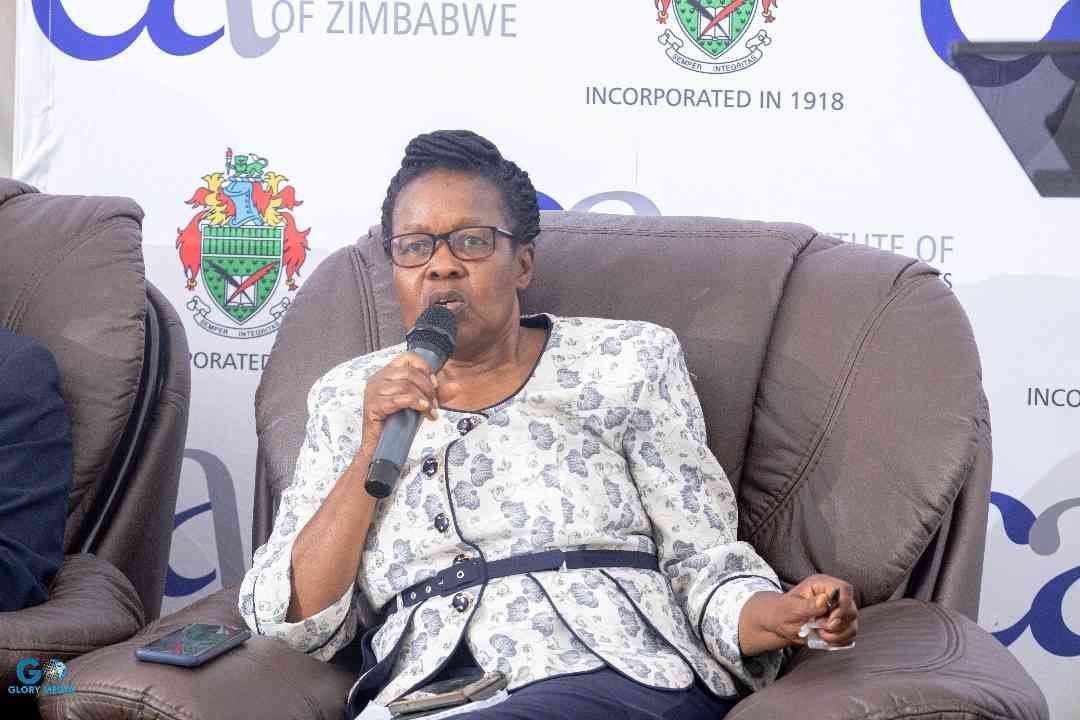
ACTING Auditor-General Rheah Kujinga has revealed that local authorities are struggling to submit up-to-date financial statements, with some five years behind in acquittals.
Kujinga made the remarks on Thursday last week during a two-day public sector convention of the Institute of Chartered Accountants of Zimbabwe held in Masvingo.
“Some of the financial statements dated back to 2019. Some IT systems are outdated due to the expired licence, resulting in the ... failure to meet submission deadlines,” she lamented.
“Only 17 out of 92 local authorities have financial results that are up to date. The Department of Local Authorities and the Board of Corrections are encouraged to conduct a root cause analysis to identify the real cause of these challenges, submit the financial statement in time, and finalise the financial statement.”
She noted that documentation remains a major challenge for local authorities and encouraged utilities to come up with a root cause analysis to come up with a solution.
“The other issue is the quality of financial statements. Financial statements sometimes are submitted with very large errors,” she indicated.
“Documentation remains a challenge and, in some instances, when we requested supporting documents, they were not produced on time, some were produced at the point when we enforced the committee when the evidence appeared before the court.
“As I said, there is need for an analysis to establish the problem and then find solutions to address the root causes and come up with an action plan.”
- Global demand buoys tobacco prices
- Edutainment: For Tsungie, a picture tells a story
- Edutainment: For Tsungie, a picture tells a story
- Candid Comment: Monetary authorities living in a fool's paradise
Keep Reading
Kujinga also noted that some councils were failing to implement issues raised through audits due to the prevailing nationwide liquidity crisis.
She emphasised the need for councils to contract internal audits as it is critical on financial reporting.
“The government needs to strengthen institutions such as audit committees that can hold financial management in the council. Audit committees in the council play a key role in overseeing the council's financial reporting process and following up on the management's implementation,” she explained.
“Internal audits are critical pillars of financial reporting for every organisation. Chief executive officers, and finance directors need a mechanism to make a difference for the organisation through internal audits.”
Kujinga revealed that revenue leakages in the local authorities were due to a lack of professionalism in financial reporting. She emphasised that poor reporting negatively affects investment attraction.
“Another issue is revenue collection and debt management systems to ensure that there is a constant flow of revenue for the local authorities. Revenue is being collected, but there are leakages,” she said.
“According to the Finance minister Mthuli Ncube, in every jurisdiction, the public sector accounting provision has to champion guiding financial information and good governance to stimulate investor confidence to encourage sustainable economic growth. Investors can only have interest when our reporting demonstrates transparency.”
Encouraging the training of staff on the International Public Sector Accounting Standards (IPSAS) to improve transparency and accountability in the public sector, she added: “If we do not produce financial statements that are up to date, or that are not audited, it means that transparency and accountability are shattered, chasing away investors and partners.
“The preparation of financial results according to IPSAS needs professionalism.
“There is need to train our staff to improve transparency and accountability in the public sector.”











